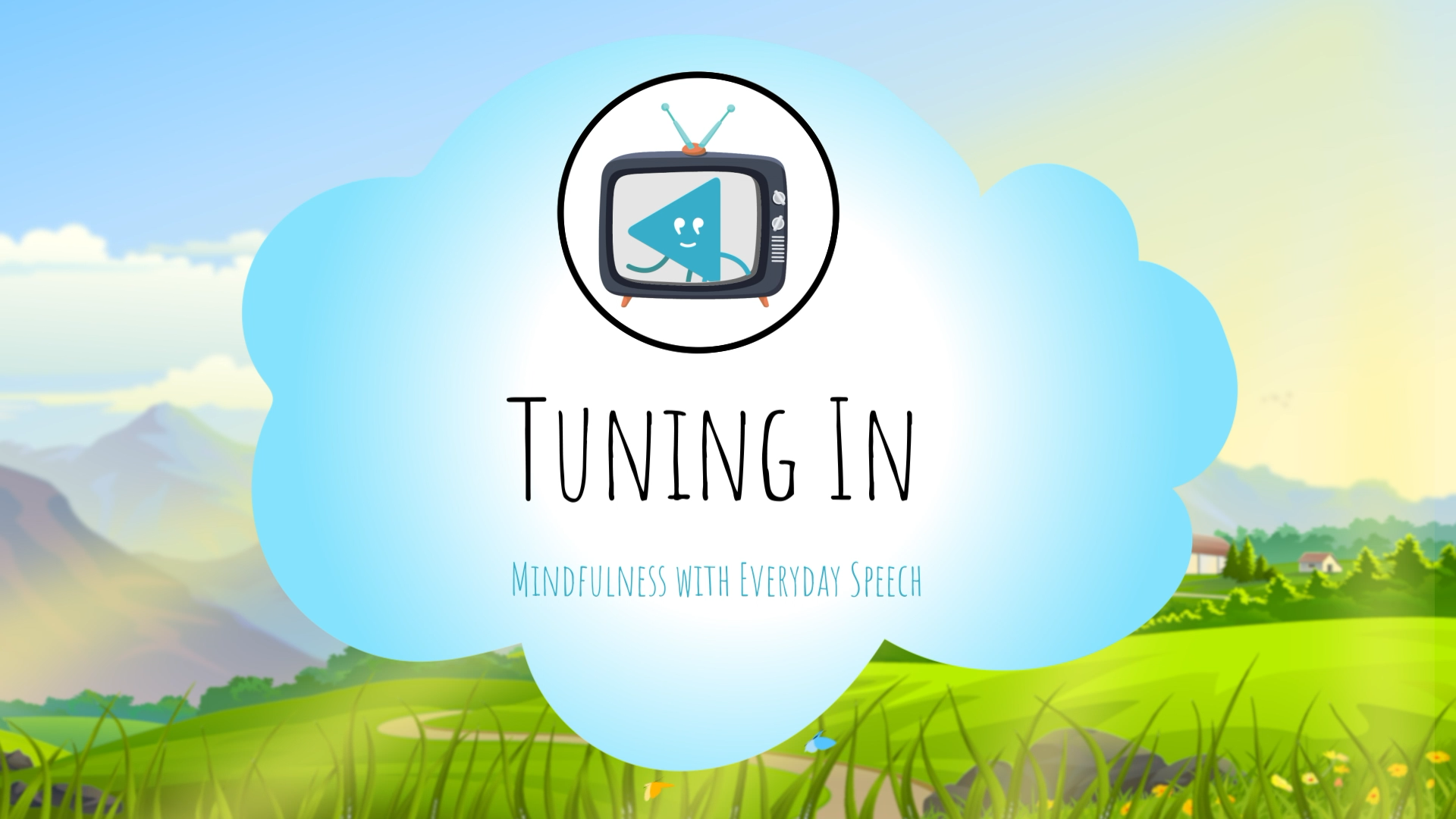
In today’s fast-paced world, it’s essential for students to develop the ability to tune in to themselves and others. This skill fosters empathy, self-awareness, and healthy relationships. In this blog post, we will discuss the importance of tuning in, present a no-prep activity for educators, provide discussion questions, and explore related skills. Finally, we will offer resources for further exploration of these skills.
Introduction
Tuning in is the process of paying attention to one’s own needs and emotions, as well as understanding and supporting the needs of others. It is a fundamental aspect of social-emotional learning and helps students develop empathy, self-awareness, and problem-solving skills. By learning to tune in to themselves and others, students can better navigate their emotions and social interactions, leading to a more fulfilling and successful life.
No-Prep Activity
This straightforward, no-prep activity encourages students to practice tuning in to themselves and others:
- Divide the class into pairs. Each student should face their partner and take turns sharing their current mood or emotion.
- Next, have the listening student repeat what their partner said and ask follow-up questions to better understand their partner’s feelings.
- After a few minutes, switch roles and repeat the process.
- Once both partners have shared, come together as a class and discuss the experience. Encourage students to reflect on how tuning in to their partner’s feelings helped them connect with and understand their partner better.
Discussion Questions
- How does tuning in to yourself help you understand and manage your emotions?
- How can tuning in to others improve your relationships and communication skills?
- What are some challenges you face when trying to tune in to yourself or others? How can you overcome these challenges?
- Why is it important to consider someone else’s perspective or needs in different situations?
- How can practicing tuning in help you develop empathy and compassion?
Related Skills
There are several other skills that complement and support the practice of tuning in. These include:
- Active listening: Paying close attention to what others are saying, allowing them to express themselves without interruption, and asking clarifying questions.
- Self-awareness: Recognizing one’s own emotions, strengths, and areas for growth, and understanding how these impact one’s behavior and relationships.
- Emotion regulation: Effectively managing one’s emotions to respond appropriately and constructively in various situations.
- Empathy: Identifying with and understanding the emotions and experiences of others.
Next Steps
Teaching students to tune in to themselves and others is a crucial element of social-emotional learning. By incorporating these skills into your classroom, you can help students develop healthy relationships, improve their communication skills, and better understand their emotions.
To access free sample materials related to tuning in and other essential social-emotional skills, sign up at Everyday Speech. These resources can help you effectively integrate these skills into your teaching and support your students’ social-emotional development.

